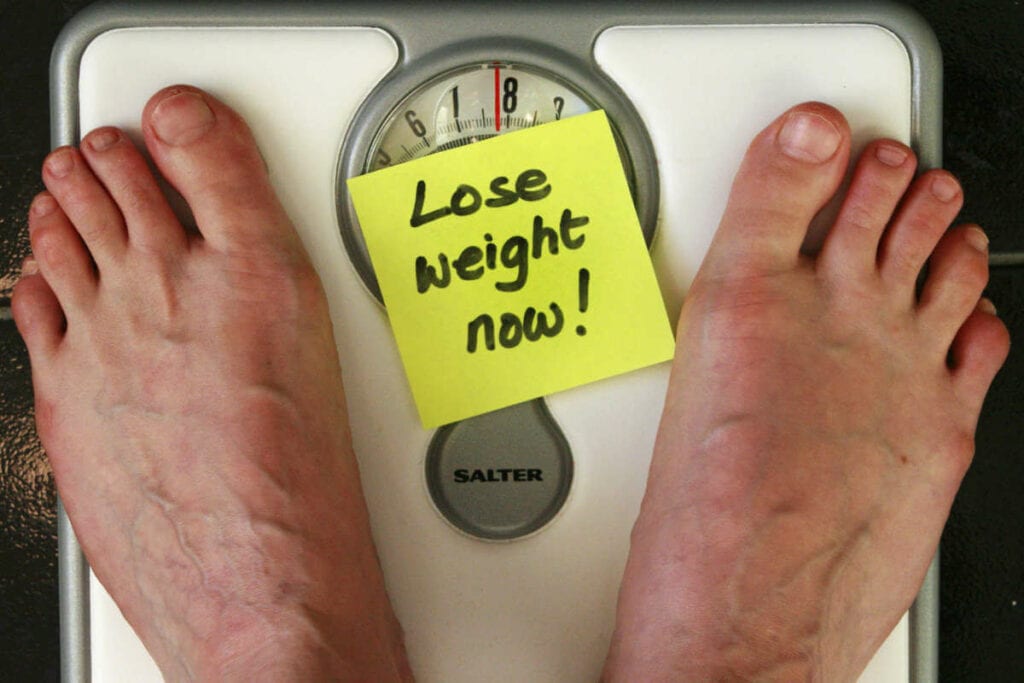Health
Why Weight Loss is a Difficult Mountain to Conquer
Medically reviewed by Shanmukha Priya, M.Phil and Ph.D. in Food Science and Nutrition
About 80 percent of people who lose weight gain it all back, and sometimes more, within a year.
But understanding WHY weight loss is so difficult can help you stop beating yourself up over every little setback and increase your chances of success.
The biology of weight loss and weight maintenance is a complex process.
Let us have a simplified look at the changes that happen following weight loss that can make it all too easy to regain weight
The Biology of weight loss

When you lose weight, your energy stores, or fat deposits, decrease. This causes hormones in your body to signal to your brain that your fat stores have fallen below a critical level.
In response to these signals, the body releases the hormone ghrelin, which stimulates hunger.
One of these responses is to signal to muscle tissues that they should become more efficient, meaning they burn fewer calories. As a result, you need fewer calories to get through your day than would be expected based on your weight alone.
The biological drive to regain lost weight can be countered with environmental and behavioral interventions.
Eat foods that keep you feeling full

One way to cut calories without feeling extra hungry is to eat more foods that contain a lot of fiber and water, but not a lot of calories.
You can look at your diet to see where you can replace high-calorie foods with ones that are lower in calories and fat.
For example, you could replace an afternoon snack of cheese and crackers with one of fruits and vegetables.
Or you could replace whole milk and full-fat cheese with non-fat milk and light cheese when baking or when eating these foods on their own.
Avoid skipping meals
People who want to lose weight should avoid skipping meals because this often leads to overeating later in the day.
Pay attention to portion size
Large portion sizes often lead to overeating, because people tend to consume the entire portion in front of them, rather than eating only what they need to feel full.
Here are some ways to prevent overeating due to large portions:
- If you’re at a restaurant, you could split a meal with a friend, or get a takeout box and put half of your meal in the box for later, before you even start eating.
- Don’t eat straight from a package or a container of food, like a large bag of chips. Instead, take a serving out of the bag and put it in a bowl to eat.
- Serve food onto your plate before you sit down to eat, rather than putting serving dishes on the table, so you aren’t as tempted to go back for second helpings.
